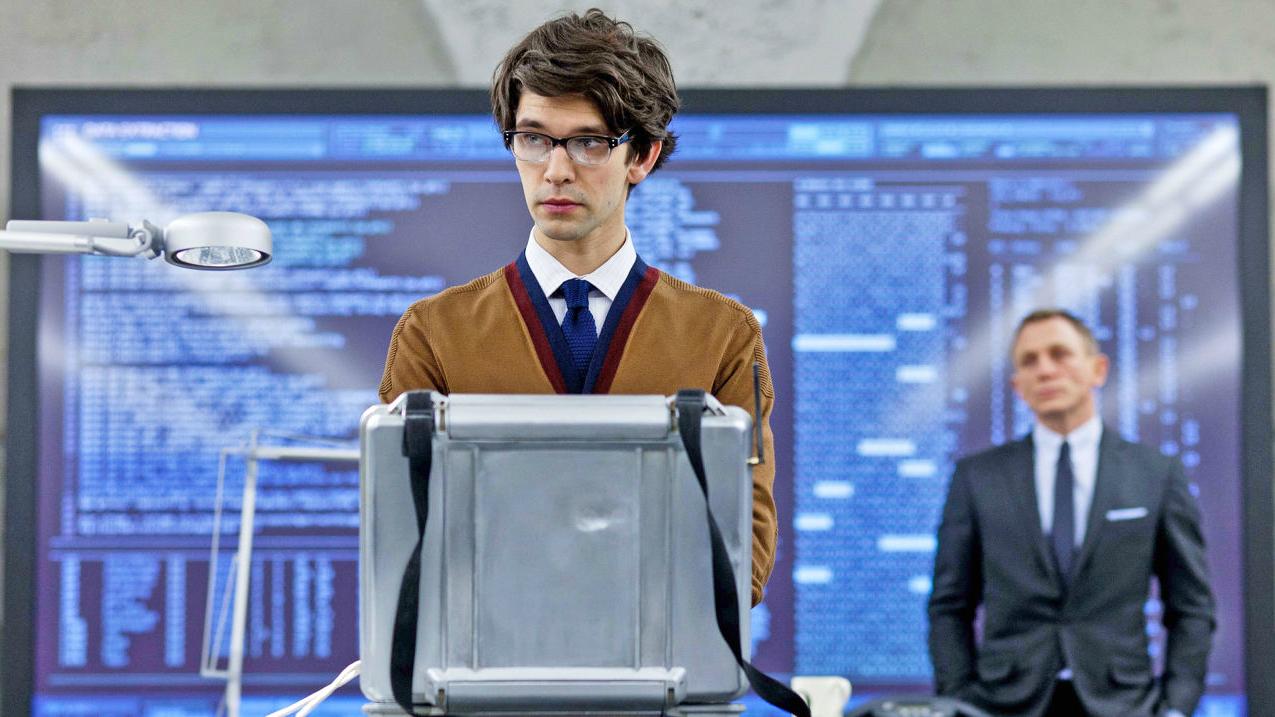James Bond's Q is a woman in real life, reveals MI6 boss
Sir Alex Younger is attempting to banish deeply embedded myths spawned by the Bond series, in an effort to create a more diverse MI6

Peter Burton, Desmond Llewelyn, John Cleese, and Ben Whishaw - all four of these men have played Q in the Bond series, the head of the research and development division responsible for equipping James Bond with his arsenal of fancy gadgets.
However, MI6's real head Sir Alex Younger thinks you should know something: the real Q is, in fact, a woman.
The Guardian reports Younger delivered the keynote speech at the Women in IT Awards in London, in which he directly appealed for more women to join MI6, especially those with scientific or technological backgrounds.
"If any of you would like to join us … the real-life Q is looking forward to meeting you and I’m pleased to report that the real-life Q is a woman," he said.
"The more different people you have in the room, in these high-pressure circumstances in which we operate, the better the decisions," Younger continued. "So success for me is a deeper, broader range of technological skills in MI6 and more diversity, in particular more women."
In fact, though the Bond movies have helped bring international attention to MI6's efforts, it comes with its own disadvantages in deeply entrenching stereotypes about the type of individual who works within the spy community.
"The problem for me is that we’ve got to get over and see through the Bond thing," Younger explained. "Alright, that’s good actually – let’s do the Bond thing for a bit. It’s great in some ways because it means that all of our opponents think there’s an MI6 officer behind every bush and that we’re 10,000 times larger than we actually are."
"That’s all great, but there’s a problem because it leads to a stereotype which is of a particular kind or a particular sort of person that will join MI6 – whether they’re really posh or going to Oxford or whatever it is. I’m none of those things by the way. And the issue for me is that stands in the way of something that I regard as being so important which is that we can reach into every community in Britain and make sure that we get the people that are the best regardless of their background."
He also stressed that gadgets have always been an integral part of the spy community; but perhaps not in the way film fans would assume, "The gadgets now that we employ – or operational technology as we more properly call it – probably defy the imagination of spy writers. So it’s always been there, but technology now is at the core of what we do in a way that it wasn’t before."
Join our commenting forum
Join thought-provoking conversations, follow other Independent readers and see their replies
Comments